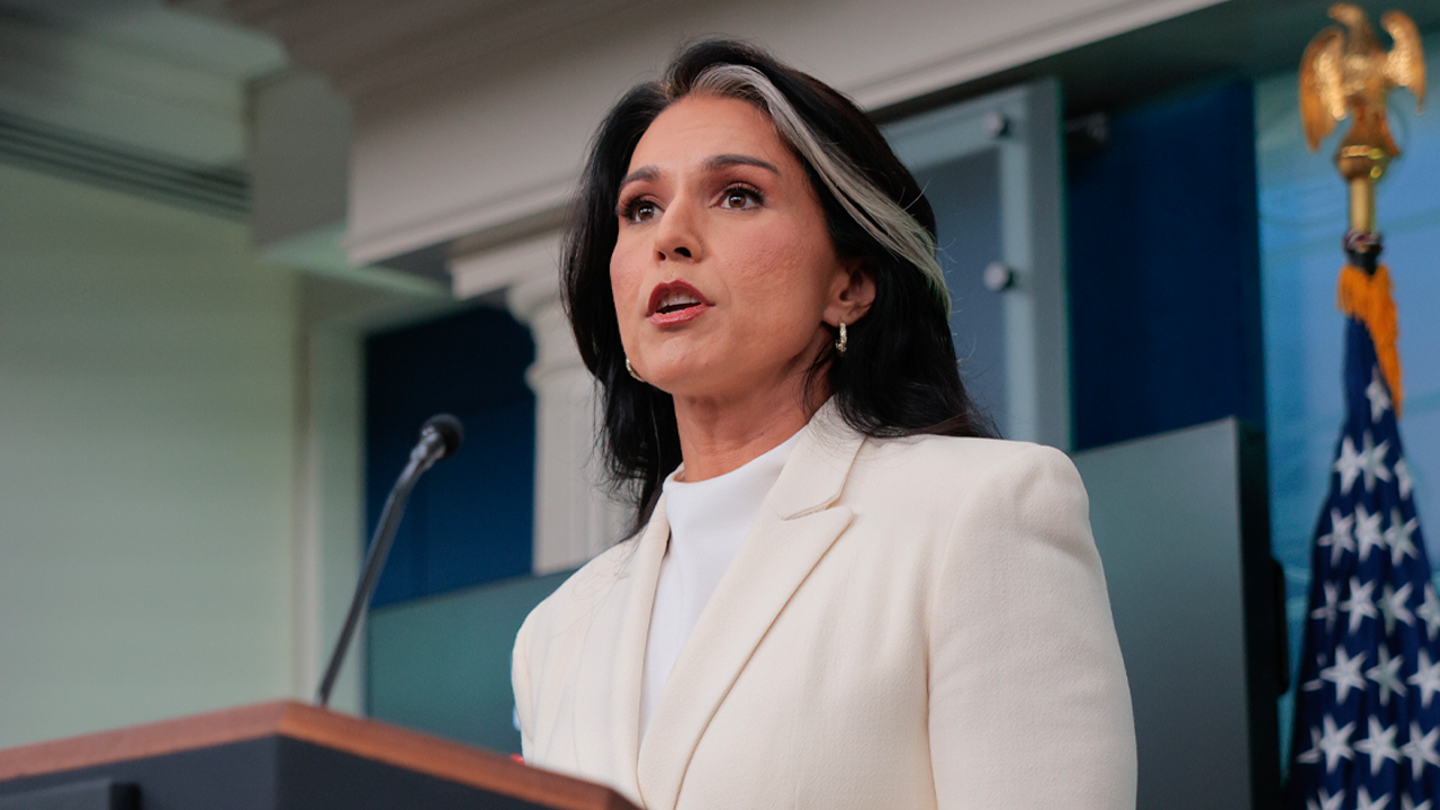Entities mentioned:
- Judge Fred Biery: Justice, Righteousness, Duty
- Texas school districts: Obligation, Wariness, Self-preservation
- Texas state legislature: Control, Righteousness, Influence
- Texas families (plaintiffs): Freedom, Justice, Self-respect
- Gov. Greg Abbott: Control, Righteousness, Influence
- Tommy Buser-Clancy (ACLU): Justice, Freedom, Duty
- Ken Paxton: Righteousness, Determination, Influence
Article Assessment:
Credibility Score: 75/100
Bias Rating: 45/100 (Center)
Sentiment Score: 55/100
Authoritarianism Risk: 25/100 (Generally Democratic)
Bias Analysis:
The article presents multiple perspectives, including the judge's ruling, plaintiffs' arguments, and the state's defense. While it gives more space to arguments against the law, it also includes the opposing view from the Texas Attorney General.
Key metric: First Amendment Protections
As a social scientist, I analyze that this ruling significantly impacts First Amendment protections in public schools. The judge's decision to block the enforcement of the Ten Commandments display law in several Texas school districts upholds the separation of church and state. This ruling sets a precedent that could influence similar cases in other states, potentially strengthening First Amendment protections nationwide. The decision reflects a tension between religious conservative efforts to introduce religious symbols in public spaces and the constitutional principle of religious neutrality in government institutions. The judge's detailed and occasionally humorous opinion suggests a strong stance against what he perceives as unconstitutional religious influence in public education, which could have far-reaching implications for similar legislative efforts in other states.











